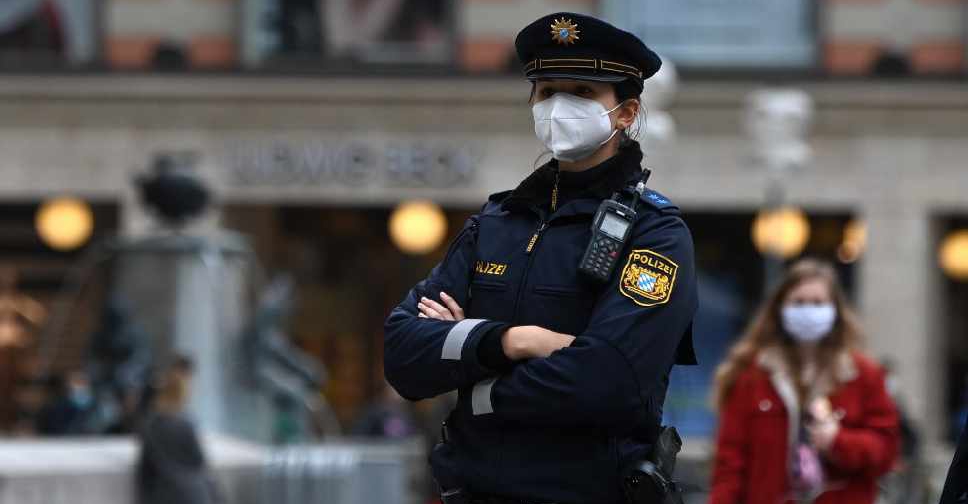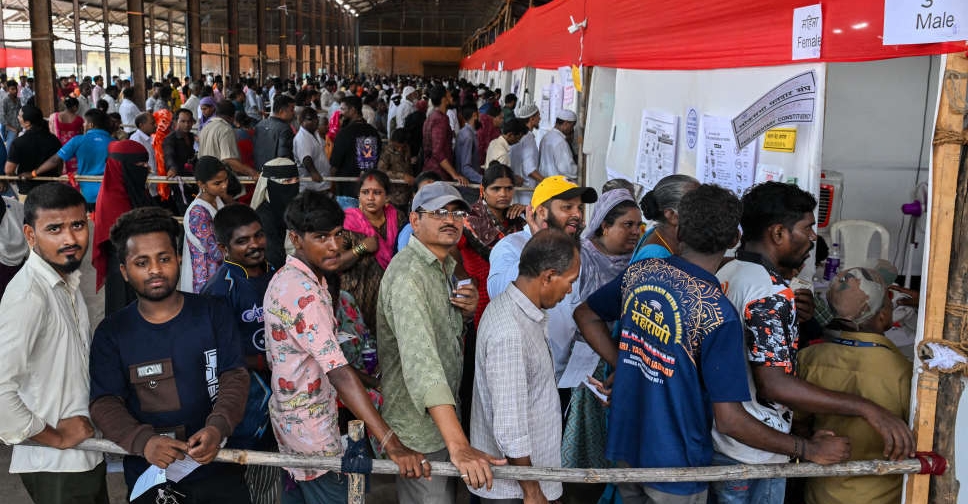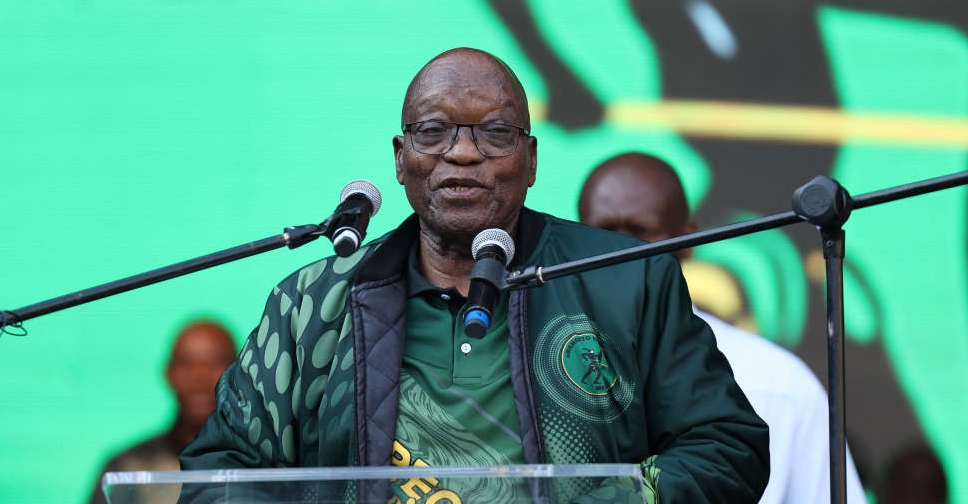
Germany and France prepared to announce further restrictions as COVID-19 deaths across Europe rose almost 40 per cent in a week.
German Chancellor Angela Merkel is due to meet state premiers to discuss closing restaurants and bars but keeping schools and nurseries open, while allowing people to go out in public only with members of their own household.
In France, which has seen more than 50,000 new cases a day, President Emmanuel Macron will give a televised address on Wednesday evening when he is expected to announce further curbs on people's movements following the curfew measures introduced across much of the country last week.
The measures, following similar moves in Italy and Spain, are expected to leave schools and most businesses working and would be less severe than the near-total lockdowns imposed at the start of the crisis in March and April.
But the economic cost is likely to be heavy, wiping out the fragile signs of recovery seen over the summer and raising the prospect of a double-dip recession.
European stock markets dived on Wednesday, hitting their lowest levels since June, while the euro fell against the dollar.
While leaders have been desperate to avoid the crippling cost of lockdowns, the new measures reflect mounting alarm at the galloping pace of the pandemic from Spain, France and Germany to Russia, Poland and Bulgaria.
"If we wait until the intensive care units are full, it will be too late," said German Health Minister Jens Spahn, whose country has already taken in patients from its neighbour the Netherlands, where hospitals have reached their limits.
French Prime Minister Jean Castex warned lawmakers France's intensive care units would be saturated by November 11 if nothing is done to stop the pandemic which has infected more than 42 million people and killed more than 1.1 million worldwide. Swiss hospitals could reach breaking point in days, officials warned.

 Iranian President Raisi killed in helicopter accident, state media says
Iranian President Raisi killed in helicopter accident, state media says
 Israel intends to broaden Rafah sweep, Defence Minister tells US
Israel intends to broaden Rafah sweep, Defence Minister tells US
 New Taiwanese president calls on China to stop threats
New Taiwanese president calls on China to stop threats
 India votes in fifth phase of elections
India votes in fifth phase of elections
 South Africa's ex-leader Zuma barred from running for parliament
South Africa's ex-leader Zuma barred from running for parliament



